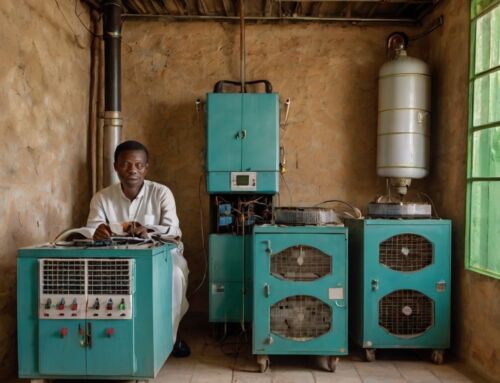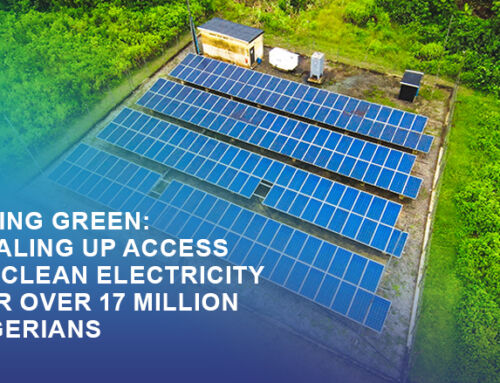This comprehensive guide is designed to answer all the essential questions Nigerian homeowners and businesses may have about transitioning to solar power. With frequent power outages and the high costs associated with generator fuel, solar energy offers a practical and sustainable alternative for reliable electricity. However, understanding how to get started, what to expect, and the long-term benefits can feel overwhelming for many. This guide breaks down the entire process, making it easy for readers to make informed decisions.
- Introduction to Solar Energy in Nigeria
- The guide begins by addressing Nigeria’s unique energy landscape and why solar power is becoming increasingly popular. Readers learn about the challenges of relying on the national grid and generators, highlighting solar as a cleaner, quieter, and more sustainable solution that aligns with global renewable energy goals.
- The Benefits of Going Solar
- This section provides a detailed overview of the advantages of solar energy, emphasizing cost savings, energy independence, environmental impact, and ease of maintenance. It also explores how solar power contributes to a greener Nigeria by reducing carbon emissions and lessening dependence on fossil fuels.
- Understanding Solar System Types and Components
- Readers are introduced to the basic components of a solar system, including panels, inverters, batteries, and mounting equipment. The guide outlines different system options—grid-tied, off-grid, and hybrid systems—and explains which may be best suited for various needs, whether for a small home, a large estate, or a commercial setup.
- Cost Breakdown: What to Expect and How to Budget
- Financial considerations are crucial in going solar, so this section gives readers a realistic look at costs. It covers initial setup costs, installation fees, and potential ongoing expenses, such as maintenance and battery replacements. It also explains the return on investment (ROI) and how long it typically takes for solar users to see savings, with examples of cost savings compared to diesel or petrol generators over time.
- Incentives and Financing Options Available in Nigeria
- Many people are unaware of available incentives, grants, or loans that can help reduce the financial burden of going solar. This section provides information on government programs, private financing options, and EcoSolar.ng’s own financing plans that can help make solar more affordable.
- Step-by-Step Process of Solar Installation
- This part of the guide outlines each phase of the installation process, from consultation and site assessment to choosing the right system, installation, and final testing. It covers what to expect at each stage, how to prepare a home or business for installation, and what EcoSolar.ng’s professional team does to ensure a smooth setup and optimal system performance.
- Maintenance and Long-Term Care for Your Solar System
- A well-maintained solar system lasts longer and performs better, so this section discusses simple maintenance practices, such as keeping panels clean and monitoring energy output. It also includes tips on managing battery health, scheduling regular check-ups, and troubleshooting common issues to keep systems running smoothly.
- Making the Switch to Solar with EcoSolar.ng
- The final section encourages readers to take action by highlighting EcoSolar.ng’s expertise, dedication to quality, and commitment to customer satisfaction. It offers a call-to-action for readers to schedule a consultation or ask any remaining questions, positioning EcoSolar.ng as a trusted partner in the journey toward solar independence.

Conclusion:
The guide wraps up with a summary of the key points, reminding readers of the long-term benefits of solar power and the impact it can have on energy reliability, cost savings, and environmental responsibility. It encourages Nigerian homeowners and businesses to consider solar as a viable alternative to the national grid and generator power, paving the way for a cleaner, more sustainable future.
“Solar power is no longer a luxury; it is a practical and affortable choice for homeowners looking to reduce their energy bills and carbon footprint.”
Solar Expert





